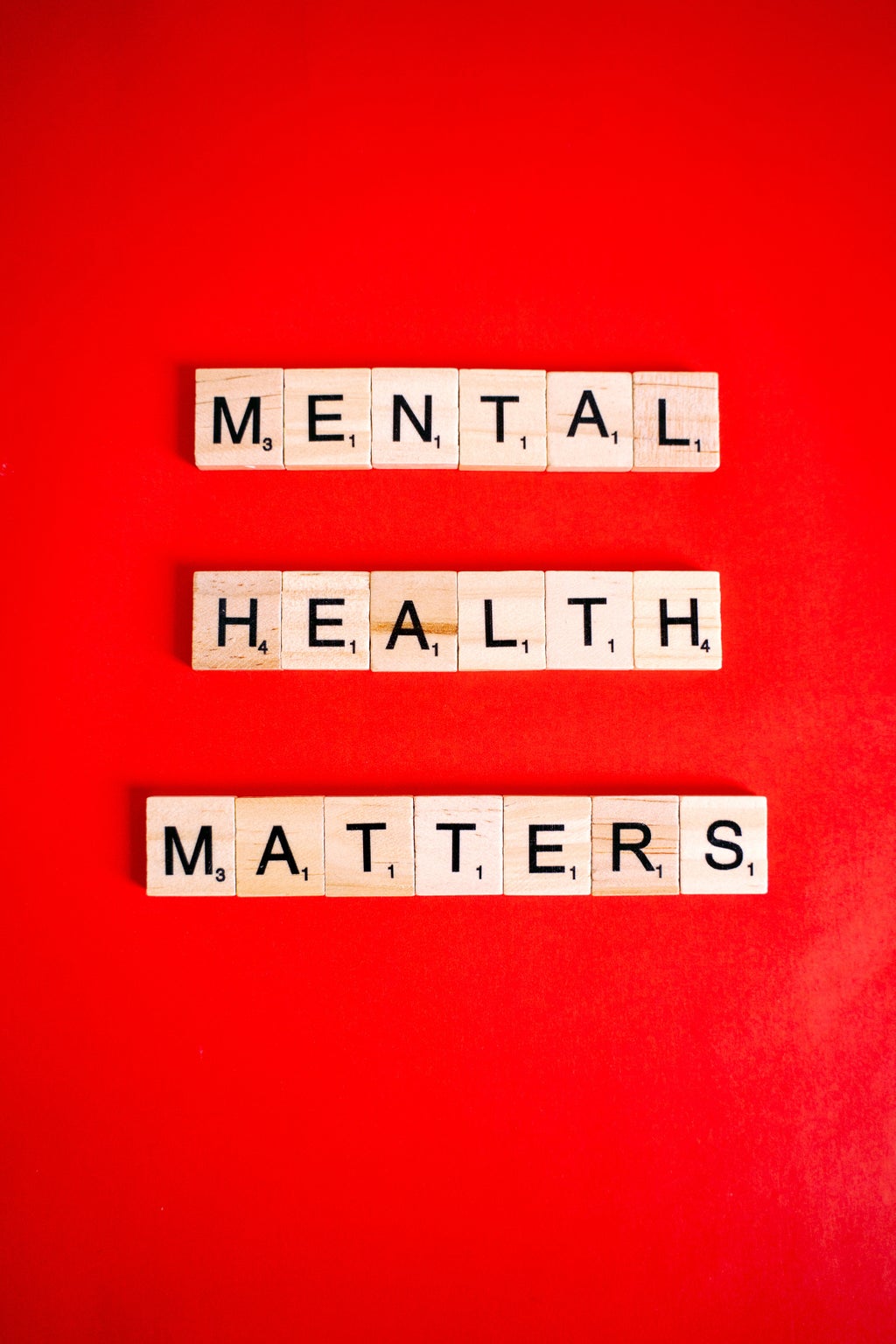Music has been an integral part of our everyday lives, dating back to being children. Even in elementary school children start learning their ABC’s through music.
Integrating music has proven effective in many cases including therapy for those who are diagnosed and are being treated for depression, schizophrenia, and other mental illnesses.
Therapy sessions can be difficult for a lot of people and music therapy has proved it is an efficient way for communicating feelings that are hard to express in a normal conversation.
So what exactly is music therapy? Music therapy is used in a clinical setting between a professional and their client. It can be used for various health and educational goals such as improving memory or improving overall wellness. Testimonials from clients and families can show the magnitude of how music therapy has affected not only the patient but the entire family dynamic. It is proven to have changed their negative psychosocial, cognitive, and physical effects into positive feelings. “It’s good for me, for my lungs. I think my whole person is part of it. I feel like it increases my breaths, so it helps. It stays with me for days.”
Molly Warren, MM, LPMT, MT-BC, is a music therapist who specializes in working with those who have traumatic and difficult backgrounds.
Warren wrote in a post with the National Alliance on Mental Health, “I’ve been lucky to serve many children and adults in various mental health settings as a music therapist. I’ve heard stories of resilience, strength and adversity.”
Warren writes that she has seen her clients’ lowest moments and has witnessed the impact and change through her therapy sessions while it involved musical exercises. It creates a calm and comforting atmosphere for her clients to relax and piece together all of their thoughts.
She also mentions a few different practices in music therapy that can be used during a session such as lyric analysis, improvisation music playing, active music listening, and songwriting. Many people listen to music to destress, like the methods used in therapy sessions. Next time you find yourself in a stressful situation, listen to some music and find what speaks to you. Why am I playing this artist? Why am I playing this genre? Deconstruct these thoughts.
Lyric analysis is an interesting exercise that music therapists use as it aims to understand the client’s background and why they chose that particular song and debriefing with them. The therapist can also choose a song and ask some questions to their client/group and how they interpret the song and what feelings are evoked while listening to the lyrics specifically.
Another interesting practice used in music therapy is Vibro-Acoustic Therapy (VAT). VAT is a combination of low-frequency vibrations and slow music; these combined create a calming atmosphere and activates the brain and body. The stimulus created between the brain and body can relieve or treat mild and chronic pain.
Oliver Sacks, a renowned neurologist and author, wrote a book titled Musicophilia which discusses the connections between music and the physiological and psychological ailments in a person. “Music can lift us out of depression or move us to tears- it’s a remedy, a tonic, orange juice for the ear. But for many of my neurological patients, music is even more–it can provide access, even when no medication can, to movement, to speech, to life. For them, music is not a luxury, but a necessity.”
Music is an incredibly strong tool for mental health; it can be as simple as playing a song on a drum to get frustration out or writing down thoughts and turning them into songs. Music is as strong as any medication, possibly even stronger and more appealing.
When I was younger, I was diagnosed with anxiety and depression after a long period of confusion as to what was going on. Music in many ways helped me cope with my feelings and find words to put to the emotions I was feeling. Whether it was playing sad songs when I was down, upbeat when I was happy; I would often listen to different artists or bands depending on my mood.
Think of this article as a resource for those who have been interested in therapy but have not had the resources yet or courage to attend sessions. Therapy can be a very intimidating place for some people. To ease this tension, music therapists and traditional therapists alike are there to support their clients and find different ways to ease their client’s troubles whether it be physical or psychological ailments.





